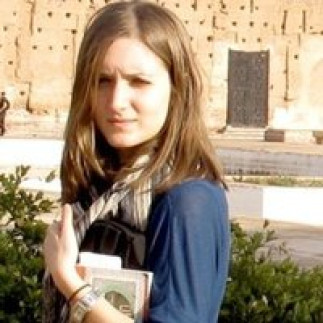Conférence prononcée par Claire Edington, doctorante à Columbia University (USA), dans le cadre de la série « Post-Colonial Perspectives in the History of Medicine » co-organisée par le Professeur David Wright, (Institute for Health and Social Policy, McGill University) et Laurence Monnais (Département d'histoire de l'Université de Montréal)
Résumé
Strategies for the rehabilitation of the mentally ill in French Indochina were founded on beliefs in the therapeutic value of labor and the construction of large agricultural colonies adjacent to asylum grounds. Championed by colonial experts who drew on a rich psychiatric discourse in the metropole about the virtues of patient employment, the ‘colonies agricoles’ seemed to offer a modern conception of mental health care that promised not only 'cerebral hygiene' and discipline through physical labor but also, in simulating the appearance of freedom, a kind of moral re-education. Drawing on annual asylum reports spanning the interwar years, I will discuss the ways in which colonial psychiatrists framed the therapeutic and economic imperatives for labor, and how they came to articulate a vision of psychiatric rehabilitation which blurred the distinction between patients and laborers, between institutional order and the organization of social life beyond the asylum.
Aucune réservation - Entrée libre

